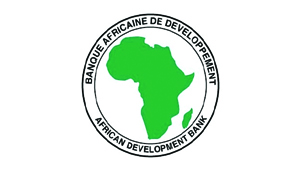THE African Development Bank (AfDB) has approved a US$30 million loan for industrial clusters and other economic activities which will create 21,000 job opportunities for women and youths in Zambia.
This is according to a statement by AfDB obtained by Times of Zambia in Lusaka.
The AfDB Board of executive directors approved the loan for skills development and entrepreneurship project.
The project is designed to promote job creation, gender equality and poverty reduction amongst young cassava producers to enable inclusive economic growth and sustainable livelihoods.
It supports the Government’s efforts to reduce levels of extreme poverty which was at 42.3 per cent in 2010, and reduce unemployment among the youth which was only 16.6 per cent participation in the formal employment sector in 2012.
The project, which is targeted at seven provinces, will develop 10 industrial clusters – five in urban and another five in rural areas – to improve the competitiveness of Micro, Small and Medium Enterprises (MSMEs).
This is in the light of manufacturing sector like metalwork, woodwork, leatherwork, building components, vehicle maintenance and agro-processing.
The industrial clusters will provide about 1,000 SMEs with business and technical skills as well as access to technology and innovation for product development, market linkages, business development services, linkages with financial institutions and incubation centres.
“The project is expected to stimulate a 25 per cent increase in business volumes for youth and women-led MSMEs operating in the industrial clusters in target market segments as well as the creation of 17,000 on-farm and 4,000 off-farm job opportunities for women and youths,” AfDB director – human development, Sunita Pitamber, said.
The industrial clusters will equip 17,000 cassava farmers’ associations and cooperatives with business and technical skills for the production and commercialisation of cassava products to ensure high yields accompanied by timely and efficient production and storage capacity.
Additionally, the project will finance the construction of 15 cassava bulking centres, five of which will be equipped for the piloting of the production of fortified garri by a cooperative of 500 women.







